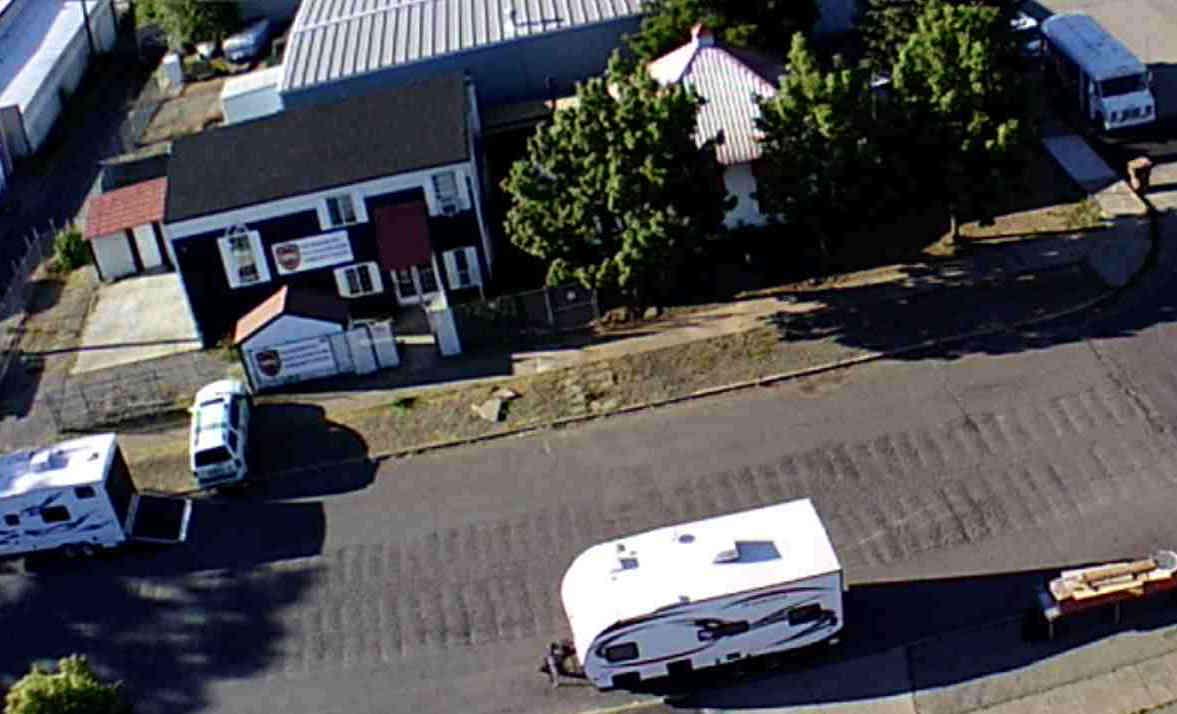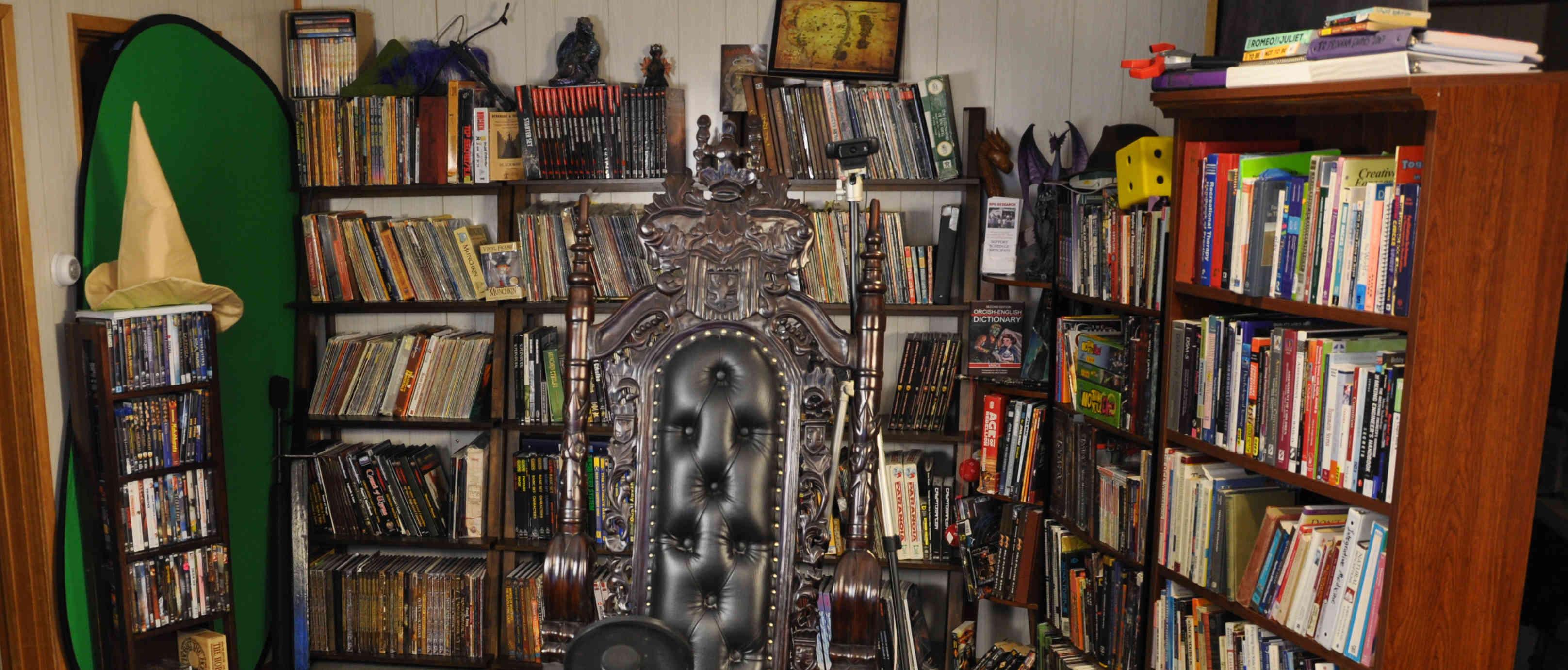RPG Museum
Interactive Learning Historical Role-Playing Game Museum
The RPG Museum: History, Research, and Educational Gaming Experiences. Role-Playing Game Hands-on and Experiential Learning RPG Museum.
SEND PHYSICAL MUSEUM ITEM DONATIONS TO
RPG Research
Attention: RPG Museum
101 North Stone Street
Spokane, Washington USA
99202

More About the RPG Museum and RPG Research
The goal of the non-profit RPG Museum, by the 501(c)3 non-profit RPG Research, is to provide an accessible, welcoming, online and in-person, historical and research museum, that provides experiential learning about all role-playing game formats:
RPG Research and the RPG Museum are run by 100% unpaid volunteers. No one at RPG Research, especially the founders, is paid. We do what we do for the good of the communities we serve around the world.
The museum will have several "pathways of exploration" you can take:
* One of the first experiential pathways we will implement is based on Shannon Appelcline's Designers & Dragons history of the RPG industry books. He graciously gave us permission to use his books outline in our museum programs!
